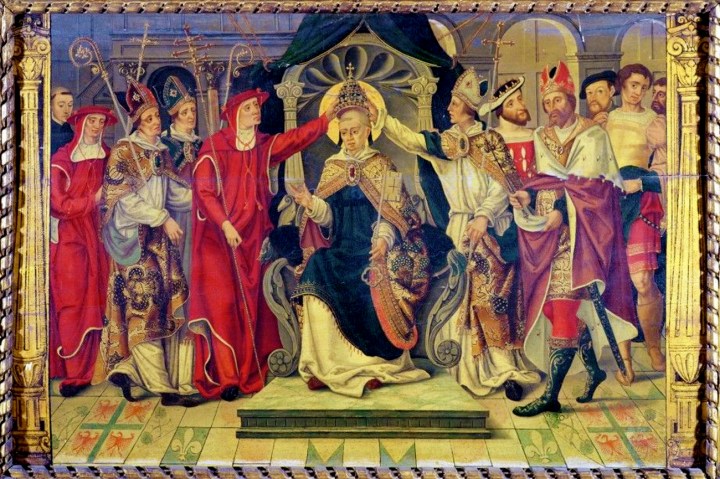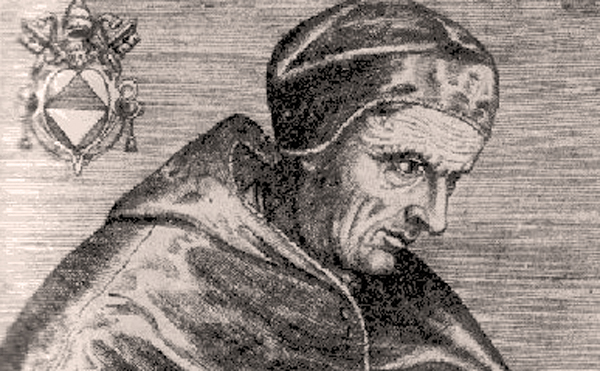Politics
Analysis: Can a Pope actually resign?

According to Georgetown University church historian, the Rev. John O'Malley, in the church’s entire history, there have been just two clear, uncontested instances where popes resigned.
However, the Catholic Church has removed a number of other popes – most usually when church authorities struggled with crises where it had multiple claimants to the Vatican throne. While no one has yet suggested Pope Benedict XVI is, himself, considering resignation due to these priestly sexual abuse charges, a few people are already advocating that he should.
The first pope to resign without qualification was Pietro del Morrone, Pope Celestine V. He became pope at the age of 85 on 5 July 1296, after a deadlock in the conclave that had lasted for two full years. Until his election as pope, he had lived as a hermit and it was his reputation for holiness that led the cardinals to elect him in the first place. Unfortunately, the new pope had no experience in the intricate world of the Vatican and he apparently barely understood Latin. He resigned on 13 December 1296, just six months after his election. Famously, while Dante placed Celestine V in Hell for his dereliction of duty, nevertheless he was canonised in 1313.

Drawing: Pope Gregory XII
The second pope to resign was Angelo Correr, Gregory XII, who resigned in 1415 under pressure from the Council of Constance, the bishops’ conference that had been set up to settle issues in church practice. The bishops were confronting the Western Schism in which three claimants asserted their position as pope. The council decided that the only way to heal the 40-year-old schism was to start from scratch with an entirely new pope. The council persuaded Gregory to resign, but the other two claimants refused and had to be formally deposed. The council then elected a new pope, Martin V, who quickly gained universal acceptance as a compromise candidate.

Photo: Pope Benedict XVI (Reuters)
Then there is also the truly unusual case of Pope Marcellinus. Elected in 296, Marcellinus presided as pope for seven years until he allegedly became a seriously backsliding apostate. History says he took up offering sacrifices to the ancient gods. Surviving documentary evidence indicates that when he was confronted about his unique syncretic religious approach, he repented, recanted and then proceeded conveniently to die as a martyr.
By J Brooks Spector
For more, check out a National Public Radio report.
Main picture: Pietro Morroni, aka Pope Celestine V (painting by Barthélemy van Eyck).



 Become an Insider
Become an Insider